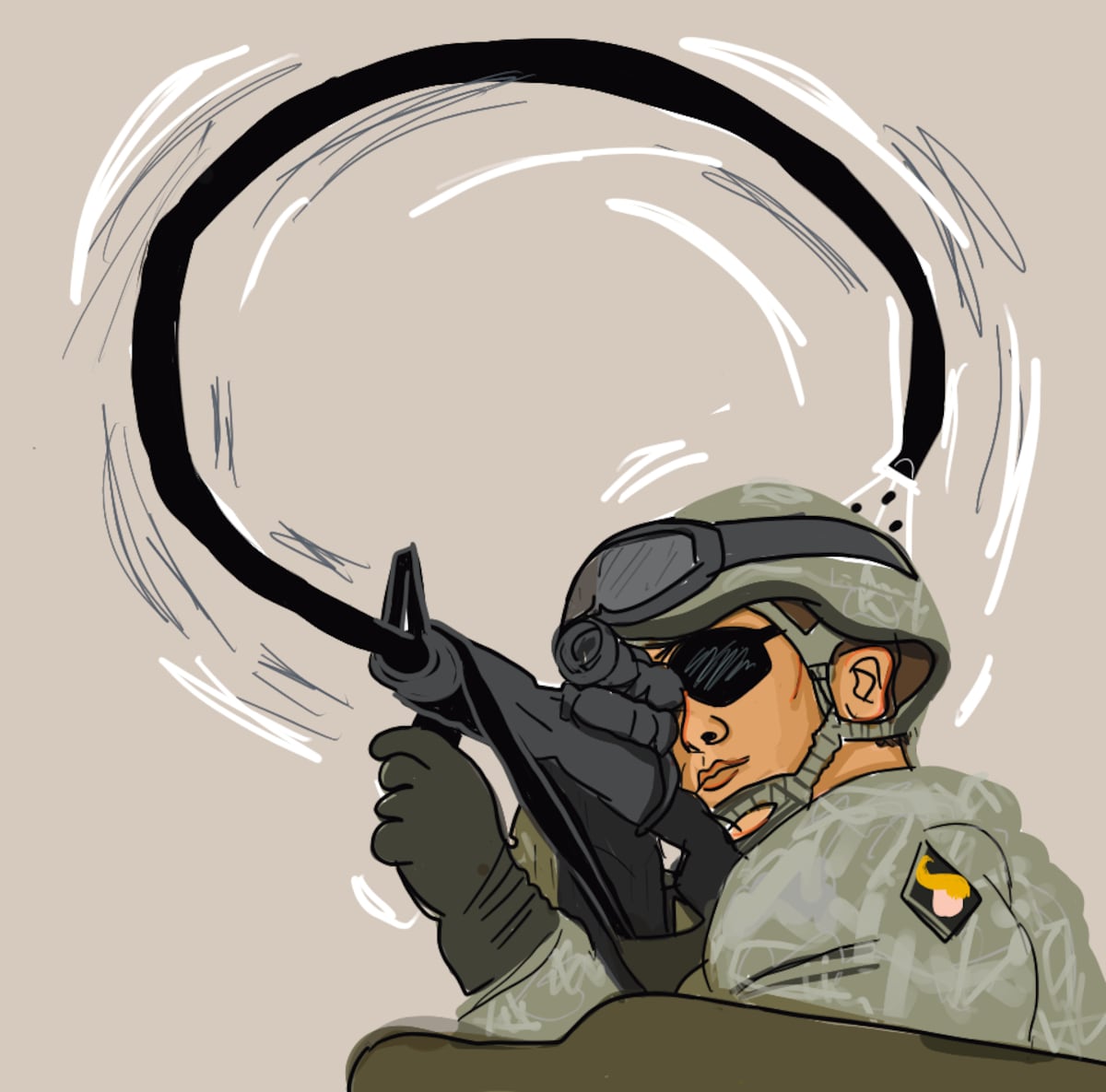
"Trump has left little to chance since returning to the White House. His defense secretary, Pete Hegseth, immediately purged a half-dozen top generals, including the chairman of the Joint Chiefs of Staff, and in early May ordered a 20% reduction in the number of four-star generals and a 10% cut in lower-ranking generals."
"Trump's speech at a military base highlighted a lack of concern for American democratic values, with no mention of threats abroad, focusing instead on personal glorification."
"Great battlefield achievements became deeds performed for the pleasure of a leader, who then invokes them to justify his own permanent power. Military glory becomes a spectacle into which the leader can inject any meaning."
"Trump understands the fascist principle that all politics is struggle, and he who can define the enemy can stay in power, identifying Americans as his enemy rather than focusing on foreign threats."
Authoritarian regimes rely on the loyalty of security forces. Trump purged military leadership and delivered a speech prioritizing personal power over democratic principles. He neglected global threats and American values, instead promoting military history for self-glorification. Trump's rhetoric frames politics as struggle, identifying Americans as enemies while disregarding external threats. This reflects his understanding of fascist principles, focused on a singular definition of the enemy to maintain power. The military is perceived not as a defender of democracy but as a tool for domestic dominance.
Read at english.elpais.com
Unable to calculate read time
Collection
[
|
...
]